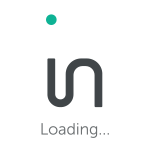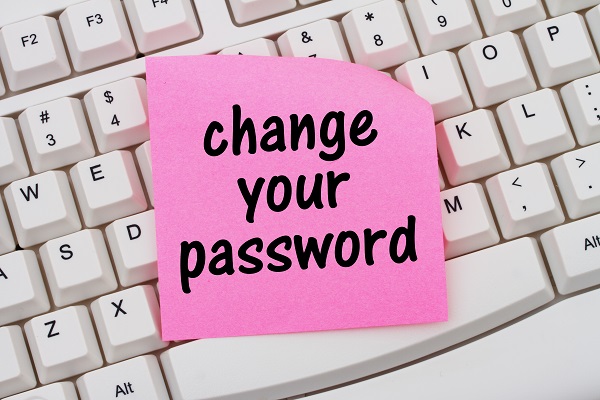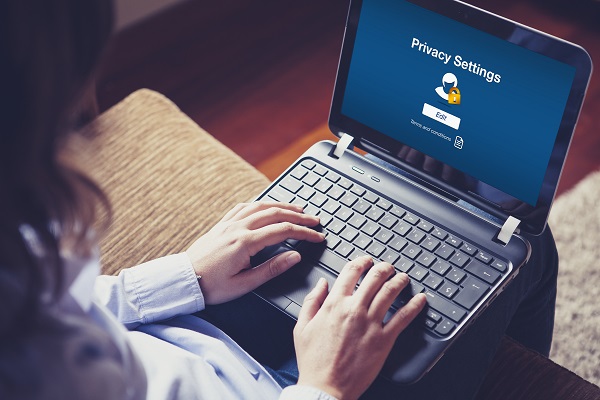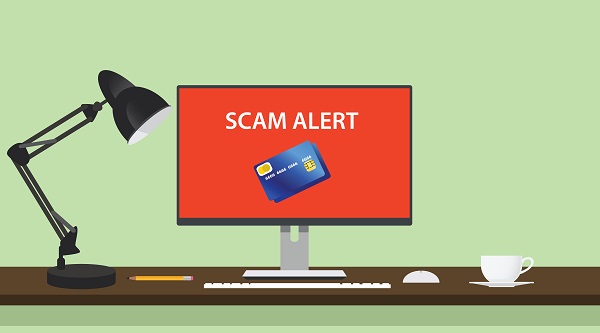If you want to make your passion into your career, you need to become an expert in monetizing your websites and content. You’ll be able to put more work into your website, and the ability to monetize makes your website more inherently valuable in itself. As long as you do it carefully, there is no disadvantage to this process.
Yet some bloggers and website owners are so focused on making the most out of their website that they forget things such as website security. Once you begin working on site monetization, you start to handle more sensitive accounts and data relating to financial matters, which attracts hackers and cybercriminals. People leave open vulnerabilities, and they soon find their website stolen from right under them, setting them back months or even ruining all they’ve worked for thus far.
Here are four of the most common problems site owners miss when focusing on making money off their website:
- Compromised Accounts
When you start to work with site monetization, you will be working with various online accounts, whether they are related to affiliate programs or advertising or simply an email account for newsletters and reader interaction (it’s not recommended to use your personal email address for such purposes). These accounts are extremely valuable, and if compromised, you could be dealing with an emergency. They must be kept under your control at all times, and you should take the following steps to secure yourself:
- Use the strongest available passwords and verification measures with each account. Use different passwords with each account. Hackers will search for you online to find answers to security questions, so be cautious about your choices.
- Above all else, protect your email account(s). They are the gateway and nexus to all of your other accounts, and if a hacker breaks into it, they’ll be able to clean house with your digital assets. Separate personal and business email accounts, and don’t be afraid to have a more private email account just for financial matters.
- Think about disabling accounts you don’t use anymore, if possible. They can still contain valuable information that can be used against you.
2. XSS Vulnerabilities
You might have heard about XSS attacks in passing or on the news before, but have you truly considered the potential vulnerabilities you could have on your website? As a general rule, the more input fields and scripts you have running on your website, the more opportunities hackers have to get to you. To put it briefly, a XSS attack involves a hacker injecting malicious code onto your website. This code can do a variety of things from install malware onto visitors’ computers to tricking people into typing in their login information and sending it to the hacker.
You will likely have to include more input fields and other things on your website in the site monetization process, so try to do the following to minimize the risk:
- See if your web host has any tools available to scan for XSS vulnerabilities or has plugins available to close these security holes. Once you find vulnerabilities using these tools, close them no matter how inconvenient the steps needed to do so may seem at the time.
- You don’t need a comment section on every section of your website. In some cases, hackers can inject code using a comment, so consider this and see if there is an option to turn any comment into plain text.
- Update all of your tools and your website often. XSS vulnerabilities pop up over time and patches are released frequently to take care of the problem. If your plugins or tools aren’t updating, find a replacement for them.
3. Public Networks and Mobile Attacks
Relegating all of your online business to the home or office deprives you of a lot of time to work on your website’s profitability, and smartphone and laptops allow you to work wherever you want. Yet there are specific problems that you can run into while on the road, so consider the following:
- Public networks are dangerous due to the hackers that can intercept your website and account information on them, and the usual tools won’t help you. You are going to need to hide your identity and encrypt your connection by using a Virtual Private Network, which is a service that will connect you to an offsite secure server and keep you safe from hackers.
- Your phone has a lot more information on it than you might think, so be sure to lock it down. Have a screen lock and a plan for if it gets stolen. Your phone can be easily replaced. Your website might not be so lucky.
4. Scams and Social Engineering
People are often concerned too much with malware and direct hacking attacks they see in the movies instead of focusing on the real threat, which are hackers with minor computer skills but great people skills. Most major data breaches are caused by human error, and hackers are much happier to capitalize on that than they would be poring over code for hours on end looking for a weakness that might not exist. As you improve your website and monetize it, you need to keep on the lookout for scammers looking to take advantage of eager website owners.
Remember the following:
- Nothing on the internet is free. The old adage that if you aren’t the customer, then you are the product is true. Some deals are in fact too good to be true.
- Trust no one. Unless you can get more verification that someone is who they say they are, assume nothing. Scammers are clever at hiding their identities and have thought of just about everything.
- No matter how good the money might look, don’t ever give up private website info or financial information. No one ever needs to know that. Your passwords and accounts are yours and no one else’s. This cannot be stressed enough.
Site monetization is an exciting step and development in the life cycle of your website. It shows that you really want to turn your project into a business and that you have the support of your readers should it work out. Just remember that with greater reward comes greater risk. This can be managed, but attention must be paid to both the obvious and not so obvious threats online. Securing your computer and your website needs to be a priority.
Share this information with your friends and colleagues so that the internet becomes a safer place. Once hackers realize that things aren’t so easy for them, there’ll be less to defend against. Stay strong, and keep working at making your website a secure and profitable venture for everyone involved.
The Infolinks blog has a ton of information you need to expand your blog and capitalize on any success you have. We realize that there’s more to blog and website management than content creation and management. After you finish here, you should also check out our post on ways to monetize your content.





